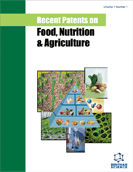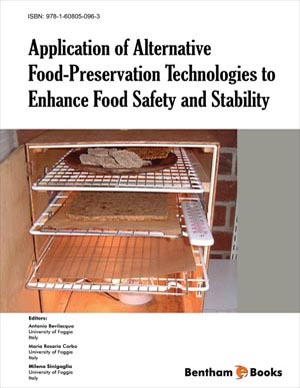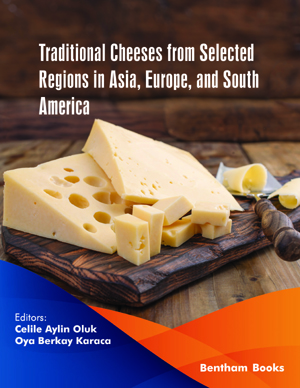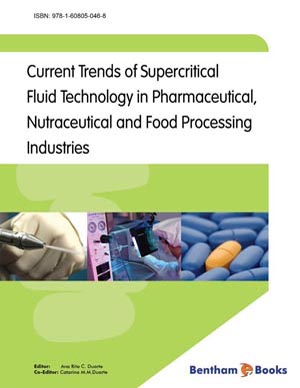Abstract
Accumulation of non-biodegradable plastics is causing high levels of
environmental pollution. Currently, edible and biodegradable films and coatings for
food and nutraceutical applications are a fast emerging technology with increased
attention among researchers and consumers, which acts as an alternative to these
synthetic plastics. Edible coatings are most commonly developed from polysaccharides
and proteins. Among polysaccharides, seaweed-based polysaccharides play a vital role.
These seaweed-based polysaccharides, which are utilized in the development of edible
coatings and films, include Agar, Alginate, and carrageenan. Alginates are extracted
from brown algae, while agar and carrageenan are extracted from red algae varieties.
These developed coatings and films are commonly applied to extend the shelf life and
maintain the desired quality level in food. These films or coatings can be applied to
foods such as fruits, vegetables, meat, poultry, seafood, and dairy products. They
improve the quality of the product by retarding moisture loss, reducing lipid oxidation
and discoloration, sealing in volatile flavors, and functioning as carriers of food
additives such as antimicrobial and antioxidant agents. This book chapter discusses the
application of seaweed-based biodegradable films and coatings for food and
nutraceuticals.



















